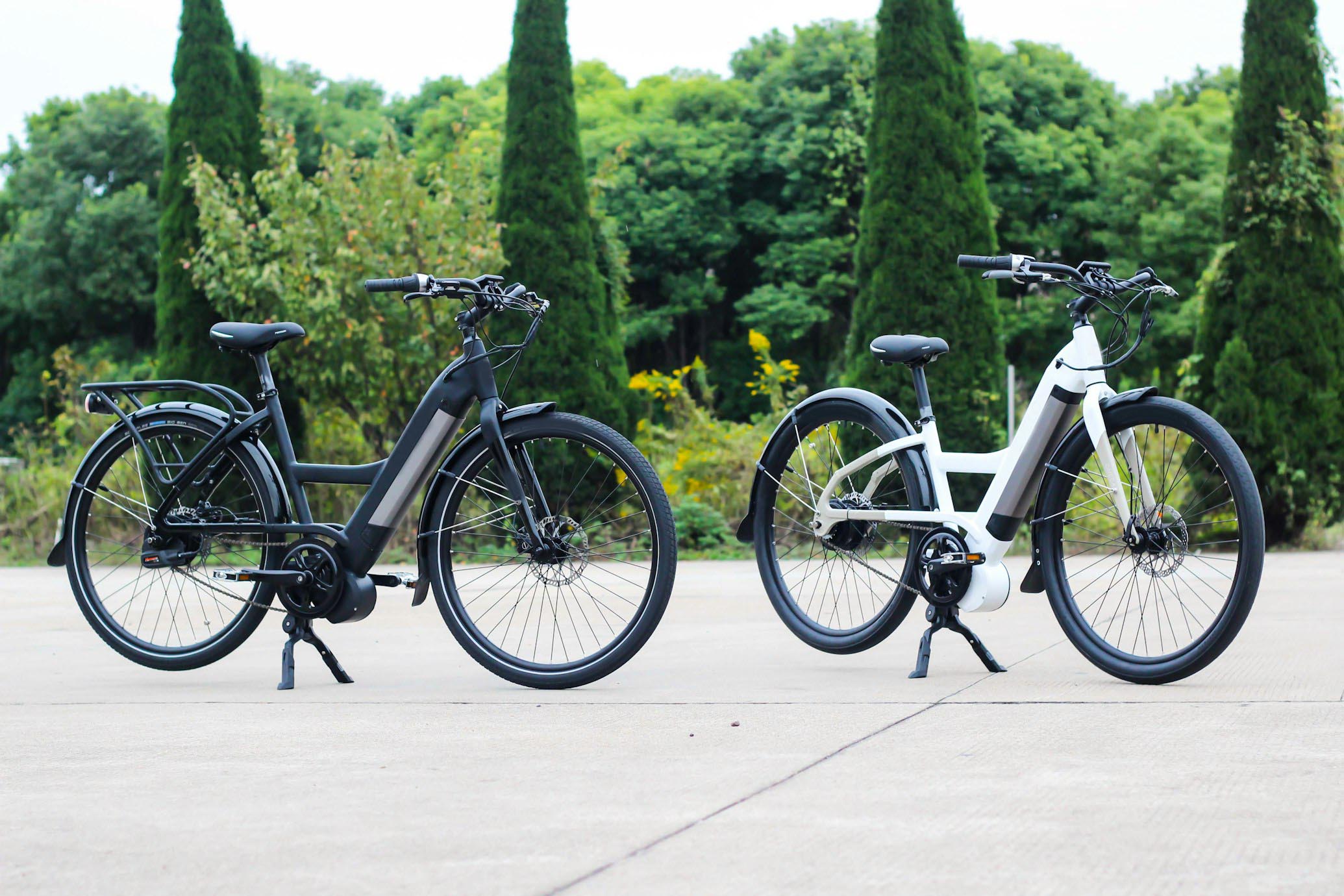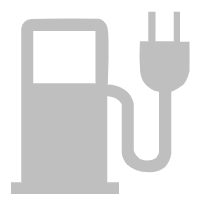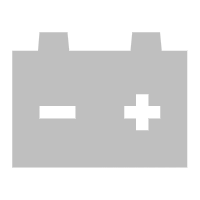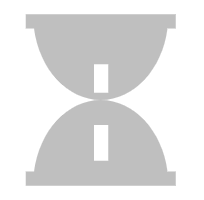Certification Dynamics: Light electric vehicle market access in North America

Step 1 Classify
Light electric vehicles (electric bicycles and other moped) are clearly defined in federal regulations in the United States as consumer goods, with a maximum power of 750 W and a maximum speed of 32.2 km/h. Vehicles that exceed this specification are road vehicles and are regulated by the U.S. Department of Transportation (DOT). All consumer goods, such as toys, home appliances, power banks, light vehicles and other products are regulated by the Consumers Association of North America (CPSC).
Market access requirements
The increased regulation of light electric vehicles and their batteries in North America stems from the CPSC's major safety bulletin to the industry on December 20, 2022, which reported at least 208 light electric vehicle fires in 39 states from 2021 to the end of 2022, resulting in a total of 19 deaths. If light vehicles and their batteries meet the corresponding UL standards, the risk of death and injury will be greatly reduced.New York City was the first to respond to CPSC requirements, making it mandatory for light vehicles and their batteries to meet UL standards last year. Both New York and California have draft bills awaiting release. The federal government also approved H.R.1797, which seeks to incorporate safety requirements for light vehicles and their batteries into federal regulations. The following are state, city, and federal government acts:
New York City Law 39 of 2023
- Sales of light mobile devices are subject to UL 2849 or UL 2272 certification from an accredited testing laboratory;
- Sales of batteries for light mobile devices are subject to UL 2271 certification from an accredited testing laboratory.
New York City Law 49/50 of 2024
- All businesses selling e-bikes, e-scooters, and other battery-powered personal mobility devices should post lithium-ion battery safety information materials and guidelines.
- The fire Department and the Department of Consumer and Worker Protection will jointly enforce the law and increase penalties for the illegal sale, rental or rental of personal mobile devices and batteries.
New York State Bill S154F
- Lithium-ion batteries in electric assistance vehicles, motorcycles, or other miniature mobility devices must be certified by an accredited testing laboratory and comply with the battery standards cited in UL 2849, UL 2271, or EN 15194, otherwise they cannot be sold;
- Lithium-ion batteries in micro mobile devices must be certified by an accredited testing laboratory to UL 2271 or UL 2272 standards.
California Bill CA SB1271
- Personal mobility devices sold are subject to UL 2272 and electric bicycles are subject to UL 2849 or EN 15194.
- Batteries for personal mobility devices and electric bicycles sold are subject to UL 2271 standards;
- The above certification should be carried out in an accredited testing laboratory or NRTL.
U.S. Federal H.R.1797 (Establishing Lithium-ion Battery Consumer Standards Act)
No later than one year after the date of enactment of this Act, the CPSC shall issue, as required by Title 5, Section 553 of the United States Code, an end-consumer safety standard for rechargeable lithium-ion batteries used in micro-mobility devices, including e-bikes and e-scooters, to prevent such batteries from creating a fire hazard.
This also indicates that once the federal regulation is passed, all future light vehicles imported into the US market and their batteries will need to comply.





































